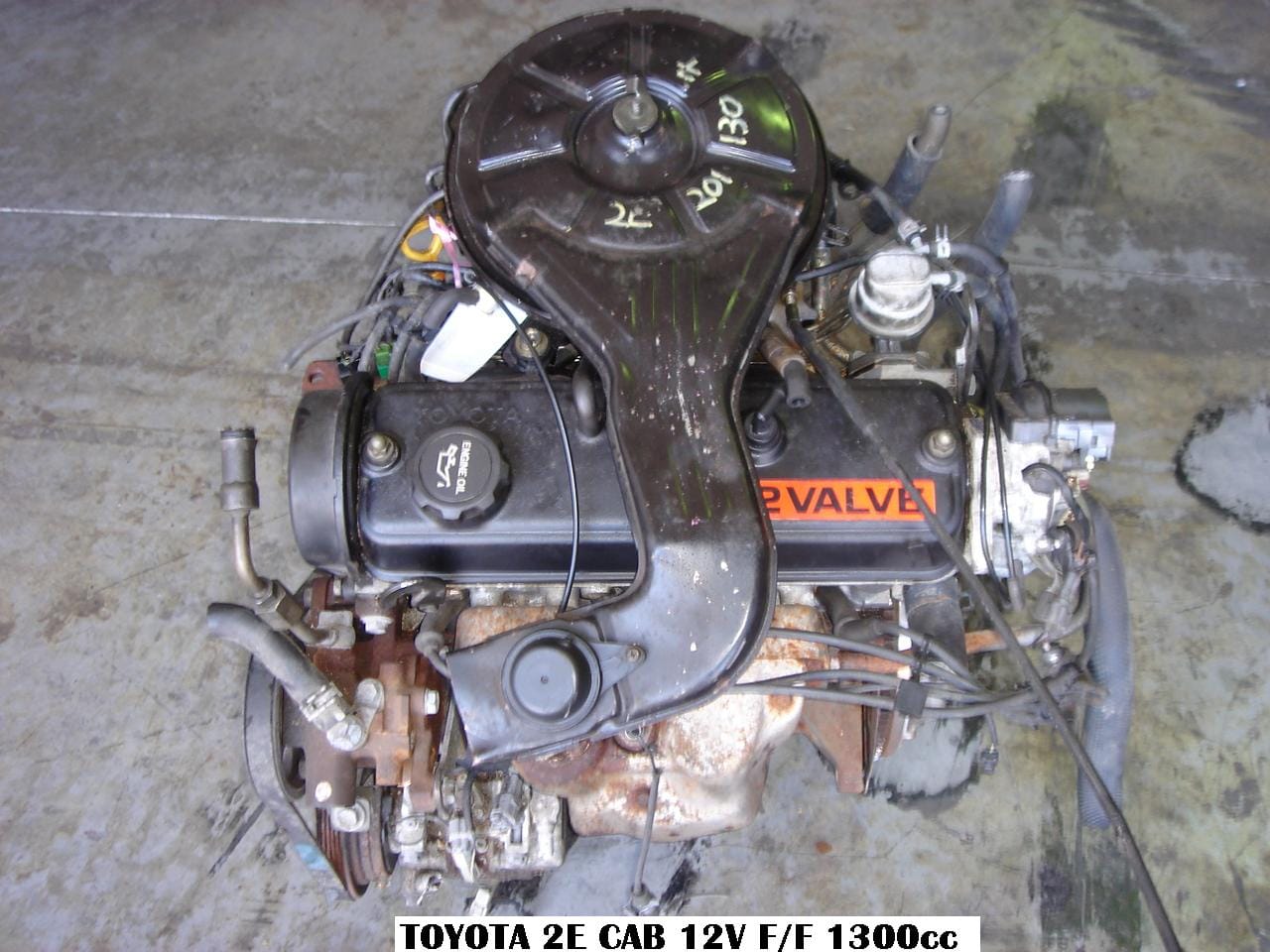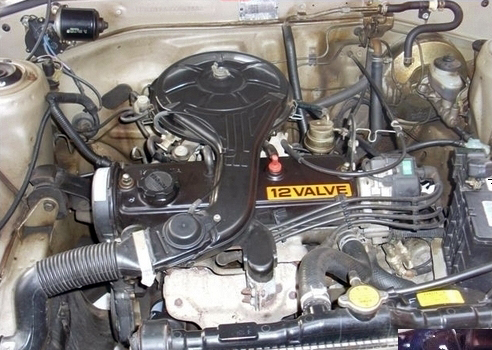Engine Acquiring Specialist Tips on Selecting the Right Engine for Your Details Requirements
Picking the appropriate engine for your details demands entails a complex interaction of aspects that go beyond plain horse power figures. From power outcome to fuel efficiency, the decision-making process can be discouraging. Comprehending the nuances of engine types, sizes, and their compatibility with your vehicle is vital. Nonetheless, there are experienced pointers that can aid browse this terrain with confidence. By diving right into the ins and outs of power versus effectiveness, evaluating fuel scores, and budgeting for long-lasting prices, one can genuinely enhance their engine choice.
Power Vs. Efficiency: Discovering the Equilibrium

When selecting an engine, it is important to strike an equilibrium between power and effectiveness to fulfill your specific demands effectively. Power refers to the engine's ability to create power for propulsion, figuring out variables like velocity, hauling capability, and total efficiency (Toyota Tazz Engine For Sale). On the various other hand, performance relates to exactly how well the engine utilizes gas to create power, affecting aspects such as gas economic climate and environmental kindness
Attaining the appropriate balance in between power and efficiency is crucial because an engine that is as well effective may consume extreme gas, causing higher operating prices and unnecessary strain on the setting. Conversely, an engine that focuses on effectiveness over power might lead to slow efficiency, particularly popular circumstances like pulling hefty loads or driving uphill.
To make a notified choice, consider elements such as your common driving conditions, the designated usage of the car, and your individual choices. By assessing your top priorities and needs, you can choose an engine that strikes the perfect equilibrium in between power and efficiency, making certain optimal efficiency while reducing ecological influence and operating prices.
Comprehending Engine Size and Type

Typical engine kinds include inline engines, V engines, and rotating engines, each with its one-of-a-kind advantages and disadvantages. Comprehending the interplay in between engine size and type is essential in picking an engine that lines up with your particular needs and top priorities, whether it be power, effectiveness, or a balance of both.
Consider Your Vehicle's Needs
Considering your automobile's requirements is a basic action in the engine option procedure to ensure optimum performance and performance. It is important to assess variables such as the meant use of the vehicle, its weight, towing ability, and gas effectiveness demands. If you are looking for an engine for a durable vehicle that will certainly be used for towing, you will require an effective engine with high torque abilities. On the other hand, if you are selecting an engine for a compact auto mostly used for city travelling, gas efficiency may be a much more crucial factor to think about.

Evaluating Fuel Efficiency Ratings
Analyzing fuel performance scores is an essential element of choosing the best engine for your car, guaranteeing cost financial savings and ecological sustainability. Gas effectiveness ratings, generally measured in miles per gallon (MPG) for fuel engines or kilowatt-hours per 100 miles (kWh/100 miles) for electrical engines, suggest how far a vehicle can take a trip on a certain amount basics of gas or power. Higher MPG or reduced kWh/100 miles values indicate a lot more effective engines, translating to minimized fuel expenses and lower carbon discharges.
In addition, compare various engine options within the very same vehicle course to identify the most economical option. Factors such as engine size, weight, the rules of aerodynamics, and hybrid or electric abilities can all affect gas performance.
Budgeting for Long-Term Prices
Strategically preparing for long-lasting expenditures is critical when picking an engine, ensuring financial sustainability over the car's life expectancy. While the first acquisition price of an engine is a significant element, it is vital to take into consideration the long-lasting expenses related to maintenance, repair work, and fuel usage. Choosing a more fuel-efficient engine might have a higher in advance expense however can result in substantial savings over time. Regular upkeep, such as oil modifications, filter replacements, and tune-ups, is vital to keep the engine running smoothly and efficiently, decreasing the risk of pricey fixings down the line.
Furthermore, researching the availability and price of substitute parts for the selected engine is vital in spending plan preparation. Engines with inexpensive and easily available components can substantially affect long-term upkeep costs. Additionally, considering the engine's resilience and anticipated life expectancy can help prevent unexpected substitute costs in the future. By carefully budgeting for these lasting expenses and factoring them right into the decision-making process, people can select an engine that not just satisfies their prompt requirements yet likewise continues to be affordable throughout its life expectancy.
Conclusion
In final thought, picking the right engine for your certain demands Read Full Report requires balancing power and effectiveness, recognizing engine dimension and kind, considering your vehicle's requirements, assessing gas efficiency scores, and budgeting for long-lasting prices. By very carefully taking into consideration these variables, you can make certain that you choose an engine that meets your needs and gives optimum efficiency for your lorry.
To further refine the option procedure of an engine that strikes the optimum equilibrium in between power and effectiveness, it is essential to delve into the intricacies of understanding engine size and type. Engine dimension refers to the complete quantity of air and gas that can be pressed through the engine cyndrical tubes. Usual Resources engine kinds consist of inline engines, V engines, and rotating engines, each with its special benefits and disadvantages. Comprehending the interplay between engine size and type is vital in picking an engine that lines up with your particular needs and concerns, whether it be power, effectiveness, or a balance of both.
Gas effectiveness ratings, generally measured in miles per gallon (MPG) for fuel engines or kilowatt-hours per 100 miles (kWh/100 miles) for electrical engines, suggest exactly how far a vehicle can travel on a certain quantity of gas or power.